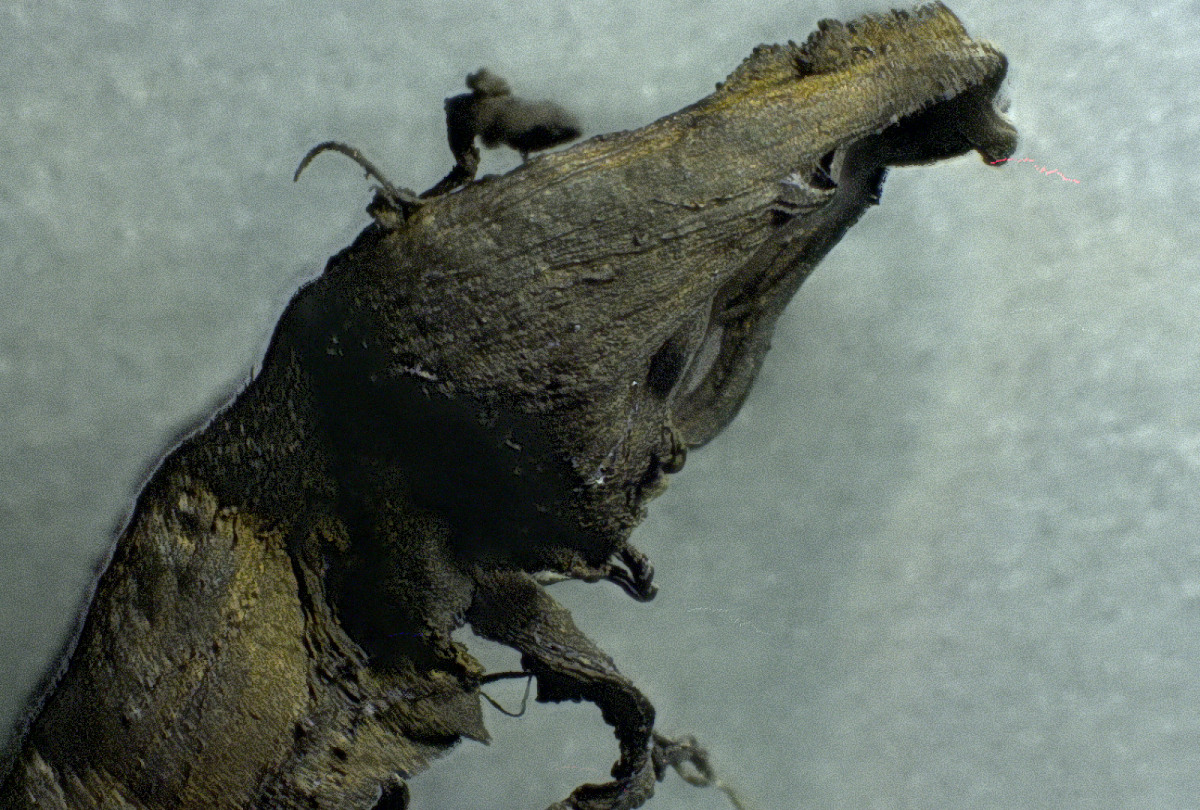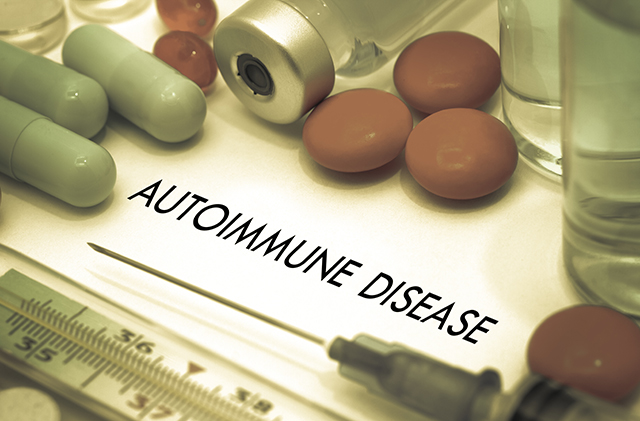Governments struggle to convince public rushed coronavirus vaccines are safe as confidence continues to drop
12/31/2020 / By Virgilio Marin

Governments around the world face tough opposition to get their citizens immunized as safety concerns over the coronavirus vaccines surge, fueled by the speed of testing, the vaccines’ side effects and a history of vaccine controversies.
A survey from the University of Hamburg in Germany showed that the percentage of people hesitant or unwilling to get a coronavirus vaccine soared to around 40 percent of respondents across seven European countries. In an October poll by market researcher Ipsos, nearly half of French respondents and almost a third of Japanese respondents said they would not be getting vaccinated for COVID-19.
One of the biggest factors for the surge is the speed at which the jabs were developed. This speed, along with the fear of side effects, drove a five percent decline between August and October among people saying they would get a coronavirus vaccine, according to the Ipsos survey.
Deep skepticism in the vaccines is also rooted in past vaccine controversies, with past jabs for various viruses having been either unnecessary or downright dangerous. The mounting public anxiety comes just as several countries are in the middle of rushing approvals to return life to normal, with the U.K. leading western nations after being the first to approve a COVID-19 vaccine.
Rushed development, side effects feed vaccine fears
Inoculations are expected to start this week in the U.K. after the Medicines and Healthcare Products Regulatory Agency approved the Pfizer/BioNTech jab for emergency use on Dec. 2. In the U.S., the White House questioned the Food and Drug Administration Commissioner Stephen Hahn why the agency isn’t moving faster to approve the same jab.

However, the general public isn’t happy with the warp speed at which things are moving. “They may have cut corners. There may be side effects,” said 33-year-old travel agent Federico Sarti from Italy. Sarti isn’t planning to get the coronavirus vaccine any time soon even though he normally takes all recommended shots. “The vaccine is scarier than the virus itself,” he said.
Wendy Podd, a senior lecturer at the University of Sunderland in England, said that while she generally trusts vaccines, she doesn’t plan to get one for now. She got vaccinated as a child as did her three children, but she fears that the coronavirus vaccines are unsafe.
“I think it’s too soon and too quick,” Podd said. (Related: Coronavirus vaccine safety will remain unclear until millions get their shots due to failed vaccine monitoring.)
Moderna and Pfizer’s respective vaccines, which have recently completed phase three trials to alleged high effectivity rates, were made in under a year instead of the usual 10-year development and testing process. Many other vaccines, such as the jab developed by AstraZeneca and the University of Oxford, were also rushed in a bid to halt the COVID-19 pandemic.
“If we push out these vaccines too fast and there turn out to be a lot of side effects, it’ll affect other vaccines. It could hurt confidence in vaccines overall,” said immunologist Masayuki Miyasaka of Osaka University in Japan. (Related: Coronavirus VACCINE pushers are QUACKS.)
Past controversies mar coronavirus vaccine campaigns
Miyasaka plans to wait until the full array of side effects are known before deciding to get immunized himself, and his plan appears to be mirrored by the majority of Japanese. In a November survey by the ad company Dentsu Inc., nearly 80 percent of Japanese respondents said they would wait and see before getting vaccinated, while only 7 percent said they planned to get inoculated right away.
Many experts point to past controversies for Japan’s huge number of vaccine skeptics. In 2013, for example, there were allegations that a vaccine for a virus that causes cervical cancer has serious side effects. While drugmakers said that subsequent studies showed the jab was safe, the findings remain disputed, and Japanese vaccination levels for that jab dropped from 70 percent to around one percent today.
In France, a past controversy has also tainted public confidence in vaccines. Antoine Bristielle, associate professor of social sciences at Sciences Po Grenoble in France, said that vaccine skepticism was partly rooted in the 2009 vaccination campaign against the swine flu pandemic. Many European countries purchased millions of doses, only to find out that the disease was milder than expected. The ensuing investigations centered around allegations that the French government and the World Health Organization were working in collusion with drugmakers. (Related: There is a plague of corruption surrounding vaccine safety.)
Now, nations are in an uphill battle to get their citizens vaccinated. The U.S. and at least 14 European countries, including the U.K. and Italy, are developing communication strategies to allay immunization fears. Meanwhile, Japan recently passed legislation that makes the coronavirus vaccines free and offers relief measures should adverse side effects arise.
But Ivan Catalano, an Italian consultant working with Movimento 3V, a political party that opposes mandatory vaccinations, said that skeptics are not likely to be moved by conversion efforts due to the uncertainties surrounding coronavirus vaccines.
“It’s unlikely to shake the beliefs of people already against vaccines, while it can make more people hesitant,” said Catalano.
Immunization.news has more on the potential dangers of coronavirus vaccines.
Sources include:
Submit a correction >>
Tagged Under:
coronavirus, coronavirus vaccines, corruption, covid-19, government, harmful medicine, immunization, pandemic, public perception, vaccination, vaccine controversy, vaccine safety, vaccine skeptics
This article may contain statements that reflect the opinion of the author




















